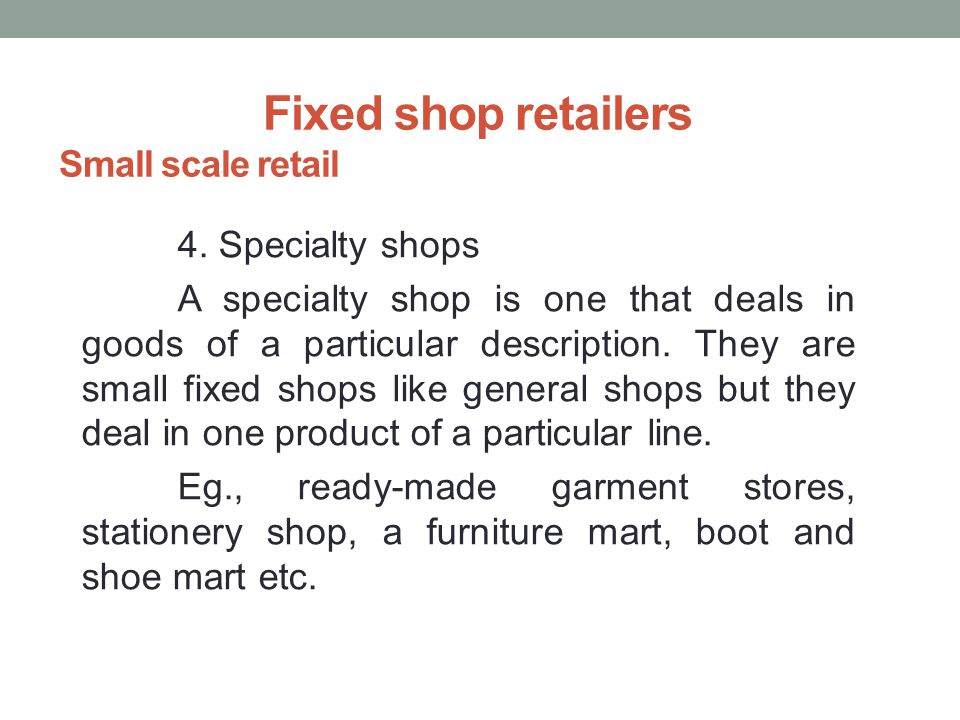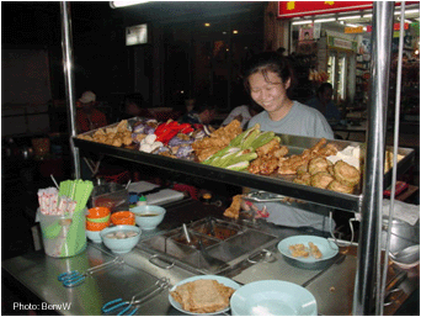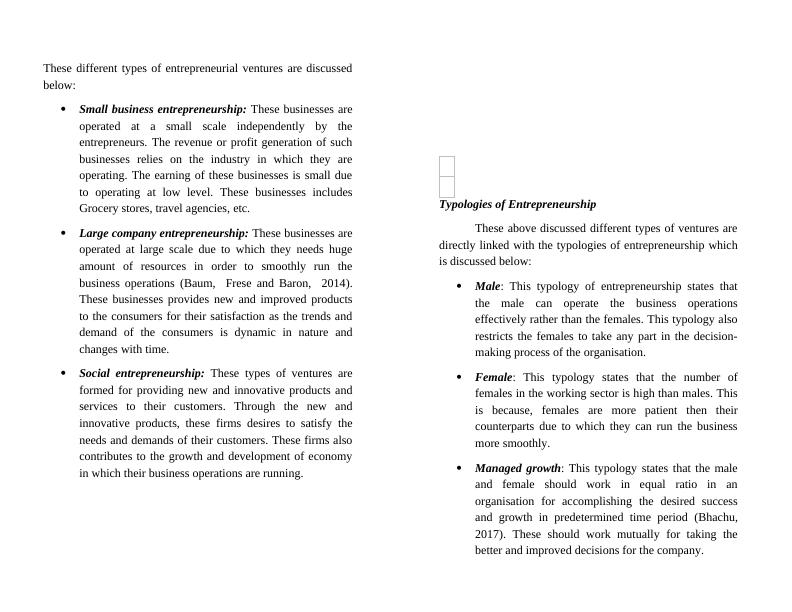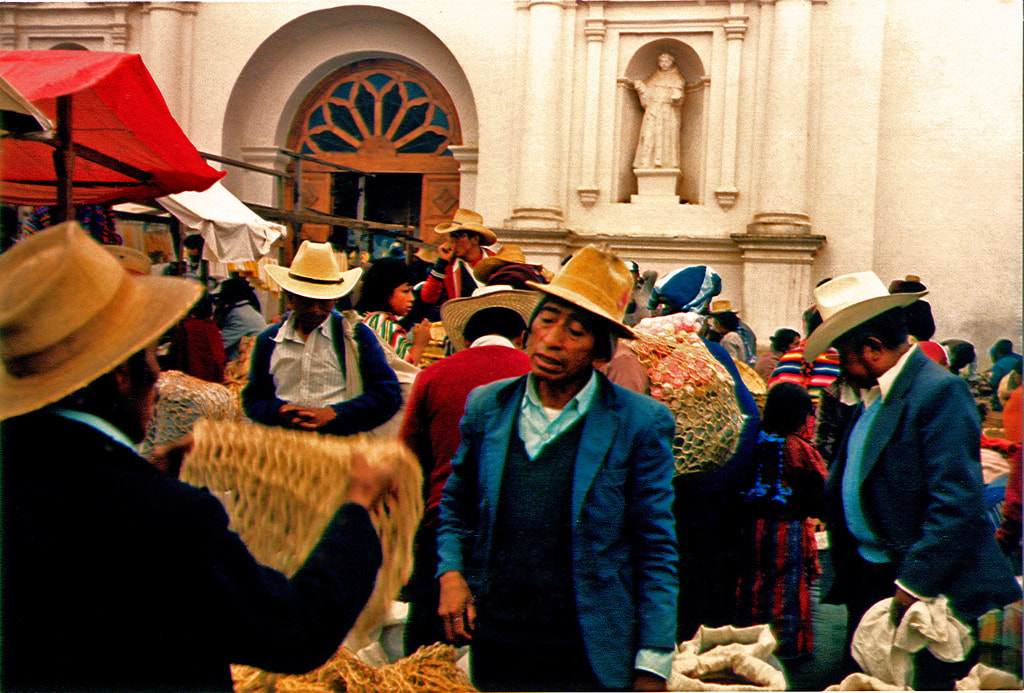Small scale retailers are businesses that operate on a smaller scale compared to large chain stores and department stores. They often serve a specific community or neighborhood and offer a more personalized shopping experience. There are various types of small scale retailers, each with their own unique characteristics and business models.
One type of small scale retailer is the independent store. Independent stores are owned and operated by a single individual or family, and are not affiliated with any larger chain or franchise. They often offer a unique selection of products and may specialize in a particular niche, such as vintage clothing or artisanal crafts. Independent stores also have the flexibility to adapt to the needs and preferences of their local community, which can help them to build a loyal customer base.
Another type of small scale retailer is the franchise. Franchises are businesses that are owned and operated by individuals, but are affiliated with a larger brand or company. The franchise owner pays a fee to the parent company in exchange for the use of their brand name, business model, and support services. Franchises can be found in a wide range of industries, including food, retail, and services. While franchise owners have the advantage of being able to leverage the reputation and resources of a larger company, they also have to adhere to certain guidelines and regulations set by the parent company.
Cooperatives are another type of small scale retailer that are owned and operated by a group of individuals who share a common goal or interest. These businesses are usually owned and controlled by their members, who contribute capital, labor, or both in exchange for a share in the profits. Cooperatives can be found in various sectors, including agriculture, retail, and credit unions. They are often formed to provide economic and social benefits to their members, such as access to affordable goods and services, or the ability to collectively bargain for better wages and working conditions.
Finally, there are specialty retailers, which are small scale businesses that focus on a particular product or service. Specialty retailers may sell a wide range of products within a specific category, such as sports equipment or musical instruments, or they may specialize in a very narrow niche, such as high-end designer clothing or rare collectibles. Specialty retailers often have a deep understanding of their product and may offer a more personalized shopping experience to their customers.
In conclusion, small scale retailers play an important role in the economy and contribute to the diversity and vibrancy of local communities. Each type of small scale retailer has its own unique characteristics and business models, and they all offer a more personalized shopping experience compared to large chain stores.








